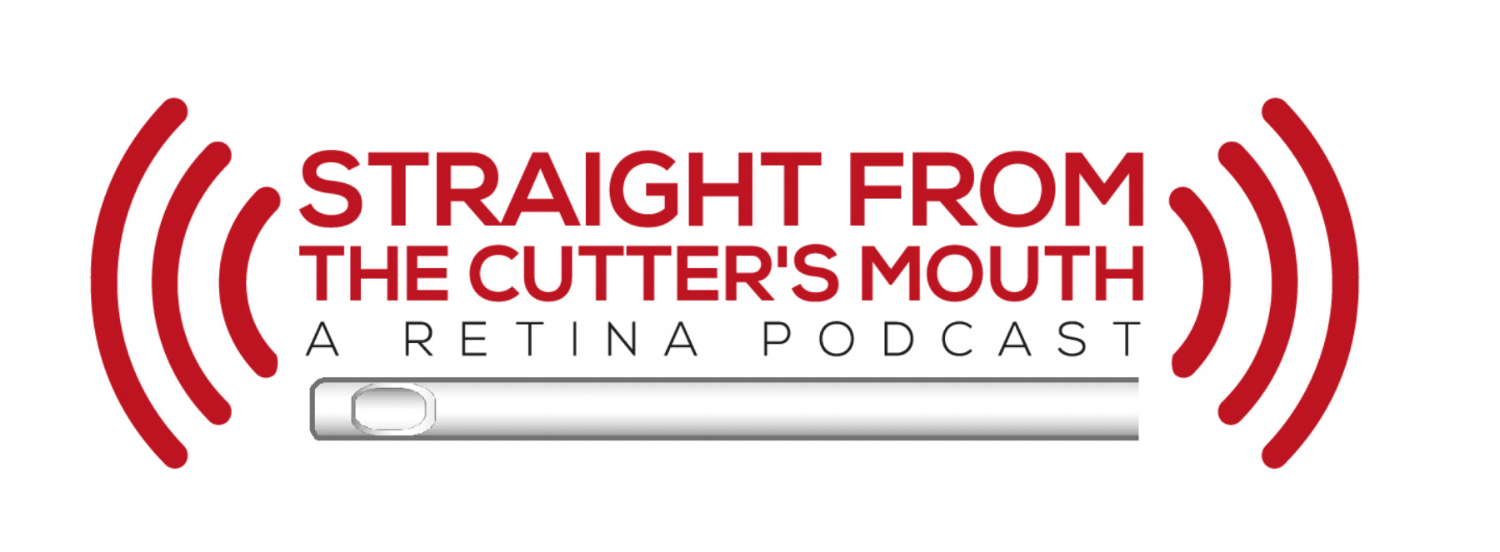"The simplest way to approach the process is to rank the programs in the order you prefer, not in the order of likelihood you think you have of being ranked highly by a given program."
-Jay Sridhar
Happy new year! With January comes resolutions, new Star Wars wall calendars, and yes, ophthalmology residency rank lists. While every applicant’s situation is unique, here are some general pearls of factors to consider when finalizing your rank list:
1) Rank it the way you want it: The match system was designed to err in favor of the applicant. While there is a Nobel-prize winning explanation of the algorithm somewhere out there, the simplest way to approach the process is to rank the programs in the order you prefer, not in the order of likelihood you think you have of being ranked highly by a given program. This should probably be points 1, 2, and 3.
2) There can only be one #1: It may be helpful to notify the program you are ranking #1 of that fact. Although the system was designed for both applicants and programs to make independent rank lists with their preferred order, some programs do like to rank applicants highly who are ranking them highly. However, avoid the worst mistake of all: telling multiple programs that they are your one and only true love. Ophthalmology is a small world and cross-talk between program directors will very likely result in you getting tangled in the very web of lies you have weaved. Plus it’s plain dishonest even if you somehow do not get caught.
3) You rank it, you bought it: Once again, remember how the rank system works. You could theoretically end up at any program you rank, including the last program on your list. That means that if you absolutely will not go to a program you interviewed at for some reason DO NOT RANK IT. It is unprofessional and bad form to rank a program and then drop out because you were unhappy to match there. On the other hand, you better have a really good reason for not ranking a program, because that is essentially a statement to yourself that you would rather not match at all than go to that program. Think long and hard before going down that road.
4) Four Factors to Consider: Dr. Ruben Sanchez wrote a great article years ago about the top ten factors to weigh when making a rank list for ophthalmology. They were in no particular order: personal goals, family, culture of program, location, program size, surgical numbers and clinical variety, laser experience for residents, call schedule, benefits, and research opportunities. To give a different perspective, I think to simplify there are four major factors when deciding how to construct a rank list.
First is the clinical experience which encompasses all the medical and surgical aspects including volume and variety. Second is the culture and ‘gut feeling’ a program gives you when you spend a day there. We spend a significant amount of time as applicants and interviewers talking about these two points and I am sure you have a good idea how all the programs you saw stack up. Third is what is best for you and your life in terms of family, friends, significant other, location, etc. This is often not discussed at all during interviews but is critical, because personal factors can lead to great happiness or unhappiness. An unhappy resident even in the ‘best’ program can be much less successful and productive than a happy resident in a ‘lesser’ program.
The fourth and final factor which requires a deal of introspection is the learning style of a given program. There is a spectrum of educational philosophy ranging from the autonomous program with higher volume but perhaps less direct one-on-one supervision to the less busy program with stepwise progression in autonomy and skills. Of course, like with any spectrum, there are a wide range of styles across the spectrum which incorporate different levels of autonomy and more hands-on teaching. Still, get a sense of how you like to learn and what makes you personally comfortable. Does autonomy stimulate and excite you or make you feel uncomfortable and unsupported? Does more observation and hands-on teaching make you feel structured or stifled? There is no right or wrong answer to the question overall, just a right answer for you. Once you know how you prefer to learn based on your medical school experiences that can help decide between programs of a similar caliber with different philosophies.
5) Remember your running rank list: Hopefully you made a running rank list as you went from interview to interview. Even if you did not, you have notes or thoughts jotted down somewhere capturing your immediate reaction to an interview day. While emotions can cloud practical thinking, do not completely neglect those aforementioned gut feelings in favor of on-paper programs strengths and weaknesses. Your running rank list should be not wholly different than your final rank list, which you will only construct after you…
6) Consult with your mentor(s): Show your rank list to your mentor(s). They will rarely make drastic changes but can give you insights into nuances between places or find out information for you that may help you finalize that rank list.
7) Put it in early: Put your rank list in at least a few days ahead of the deadline to avoid technical difficulties, and avoid the temptation to fiddle with it. Now congratulations! One more week until the best day of your medical school career: Match Day.
I hope these tips are helpful this year and in the years to come. Best of luck!
Jay Sridhar







